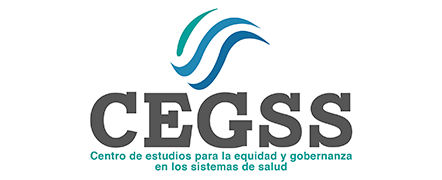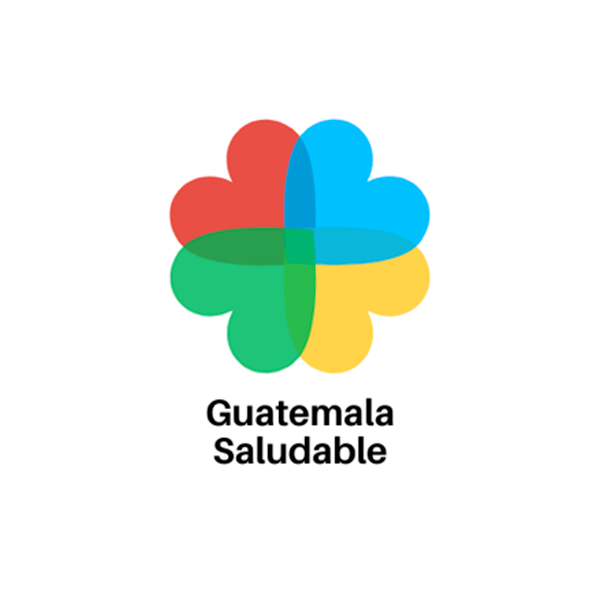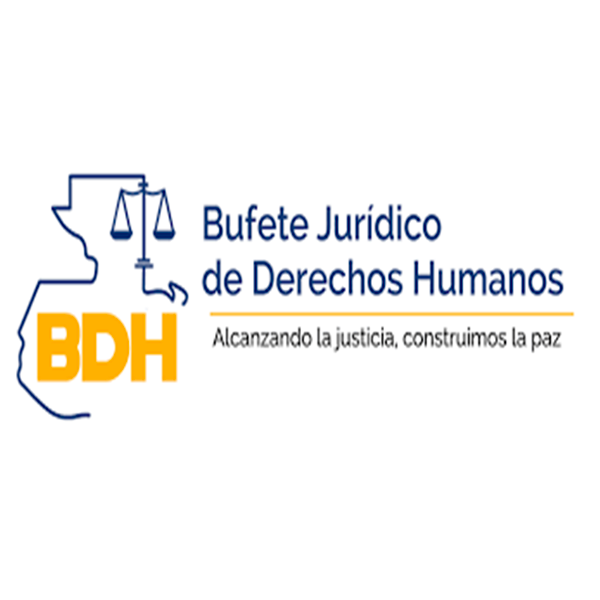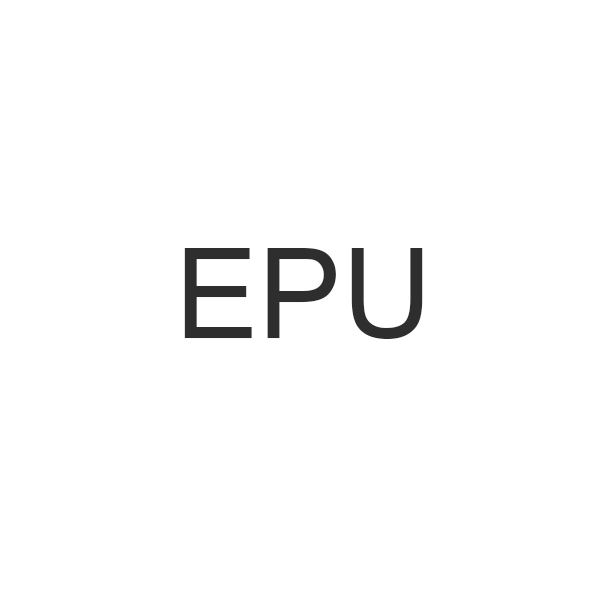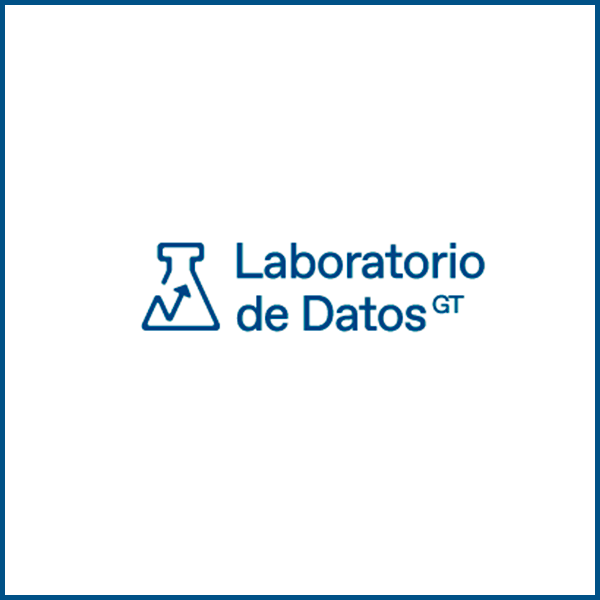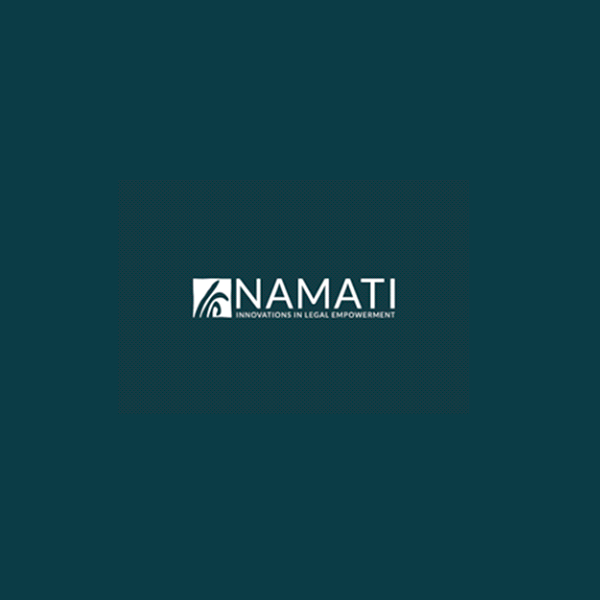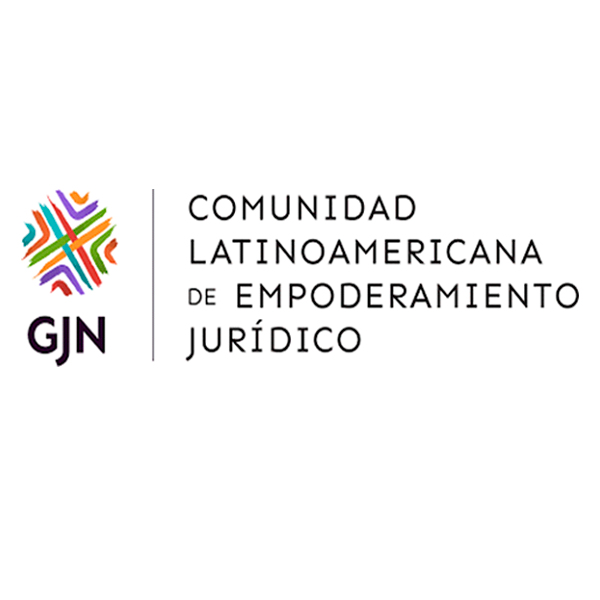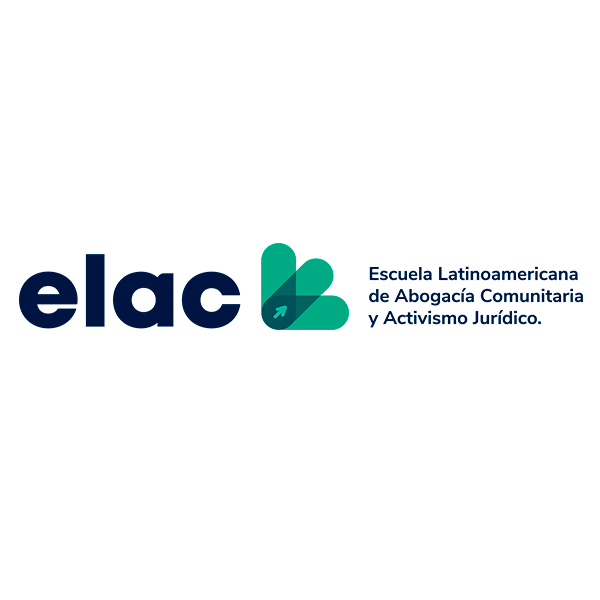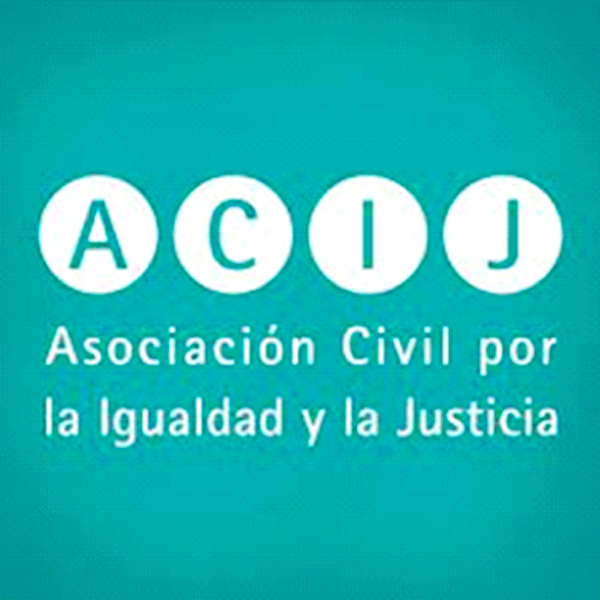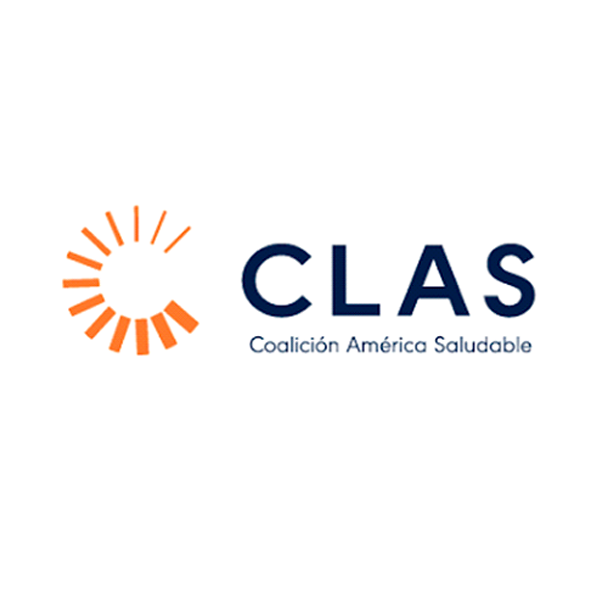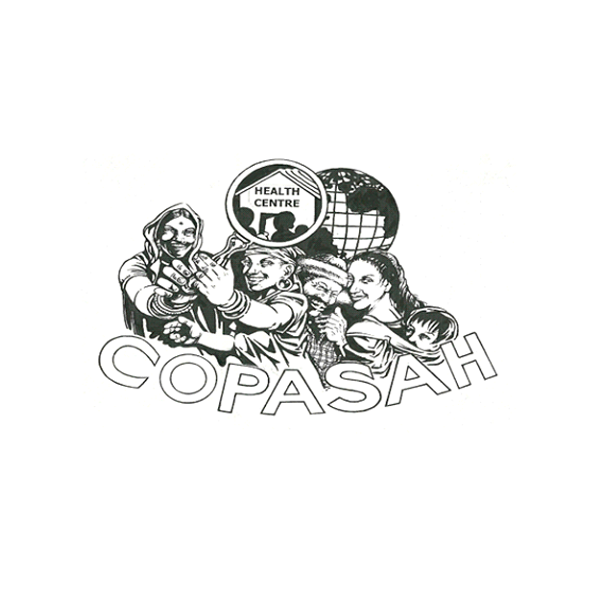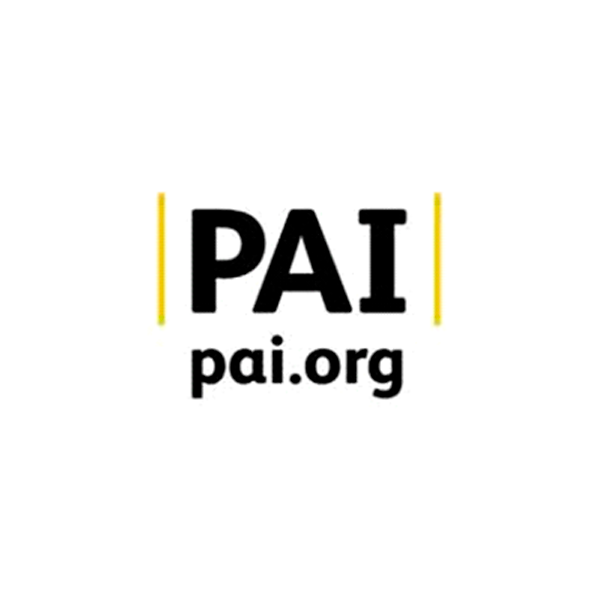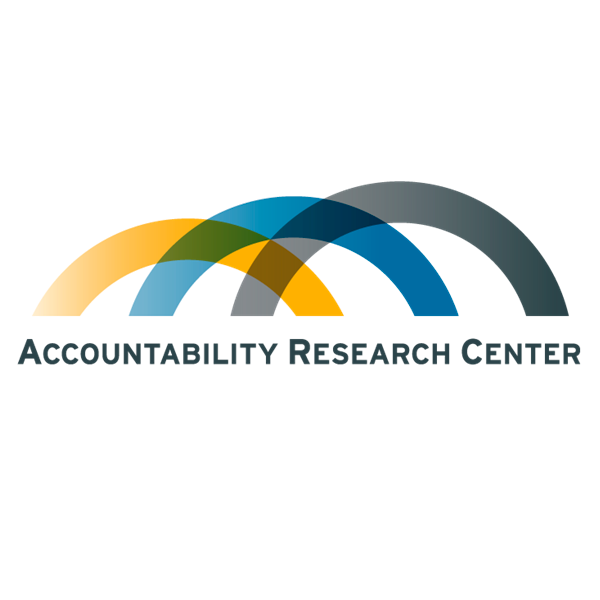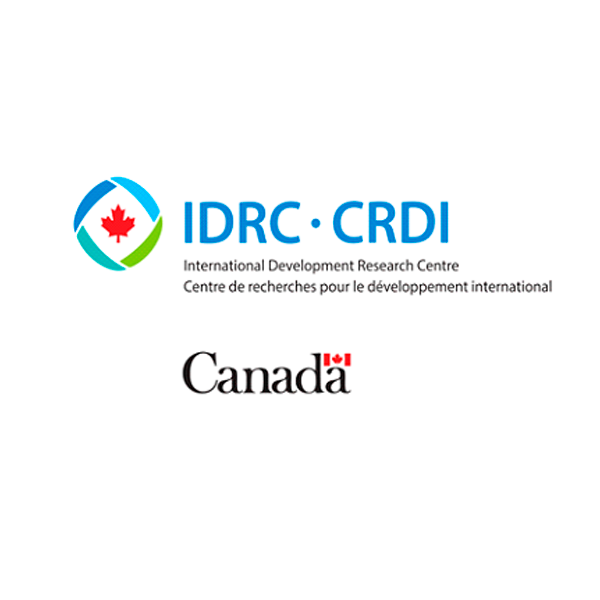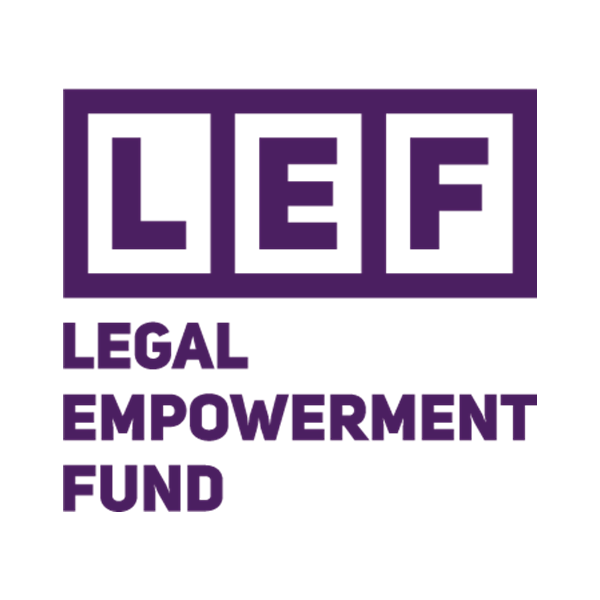We work in alliance
The CEGSS works on building strategic alliances with different actors, organizations, coalitions and social movements, with which we agree on objectives and purposes.
Nuestra primera alianza natural es la Red de Defensores Comunitarios por el derecho a la Salud (REDCSALUD) con quienes hemos unficado esfuerzos en los últimos 15 años, construyendo procesos de empoderamiento ciudadano y vigilancia en salud.
The Human Rights Firm is one of the most important organizations in the country that develops strategic litigation processes in human rights. For some years now it has incorporated the development of litigation in the field of economic, social and cultural rights into its work plan. Like the CEGSS, it seeks to promote strategic complaint processes for human rights violations. For some years now, both organizations have decided to join forces to promote litigation initiatives in the health field; they currently have an institutional mutual collaboration agreement.
The UPR Universal Periodic Review Coalition is also an important space of organizations that work in the field of Human Rights, whose common objective is to make efforts to position a common narrative around the human rights situation in the country. together in the preparation of shadow reports before the Universal Periodic Review of the State of Guatemala and other mechanisms of the United Nations System. Currently, the CEGSS is one of the few organizations that make up the space that works on health issues. See prepared reports.
The Latin American Community of Legal Empowerment is a regional chapter in Latin America of the Grassroots Justice Network, a global network convened by Namati that brings together more than 12,000 people and 3,000 organizations from 175 countries that work for access to justice around the world alongside vulnerable communities and groups.
The Latin American School of Community Advocacy and Legal Activism (ELAC) is the first school for activists in Latin America who carry out community work on rights and legal empowerment. A place for meeting, learning, experimenting and building a community of practice dedicated to justice, equality and social change from the power of communities. The CEGSS is part of this effort and has collaborated in the development of courses within the school.
It is an Association that works for a fair and inclusive society, capable of reversing poverty and discrimination against vulnerable groups, that guarantees all people full access to their rights, to be treated as equals and to have democratic and transparent institutions that provide real possibilities to participate and influence decision-making on public affairs.
CLAS is a coalition that brings together more than 200 Non-Governmental Organizations (NGOs) in America with the purpose of preventing and controlling Non-Communicable Diseases (NCDs) in the region. From the CEGSS we actively participate in this Coalition and in its Guatemala chapter in Healthy Guatemala.
COPASAH is a community of practice where professionals share an interest and passion for the field of community monitoring for health accountability. In this community they interact regularly and participate in the exchange of experiences and lessons; share resources, capabilities and methods; in the production and dissemination of conceptual, methodological and practical products to strengthen the field; and in networking and capacity building among member organizations. CEGSS has participated in this space since its constitution.
The Accountability Research Center brings together frontline research and perspectives to learn from ideas, institutions, and actors advancing strategies to improve public accountability. The Accountability Research Center (ARC) is based at the School of International Service at American University. We collaborate with our partners to contribute to global thinking on how to improve public accountability and build more inclusive societies.
York is a leading international teaching and research university and a driving force for positive change. Located in Toronto, Canada, York is powered by a welcoming, diverse community with a unique global perspective. It is known for advancing excellence in teaching and research with interdisciplinary programming, innovative course design, and experiential education opportunities.
As part of Canada's foreign affairs and development efforts, the International Development Research Center (IDRC) promotes and funds research and innovation within and alongside developing regions to drive global change. We invest in high-quality research in developing countries, share knowledge with researchers and policymakers for wider adoption and use, and mobilize our global partnerships to build a more sustainable and inclusive world.
The Legal Empowerment Fund (LEF) was established in 2019 in partnership with the Charles Stewart Mott Foundation, the William and Flora Hewlett Foundation, Namati, and the International Development and Research Centre to support the growing legal empowerment movement and close the global justice gap. The LEF is a programme organised by the Global Human Rights Fund. Legal empowerment empowers grassroots communities to know, use and shape the law, fostering just, democratic and sustainable societies. By supporting people-centred and community-led initiatives, the LEF helps marginalised groups create accessible, effective and inclusive solutions to their legal challenges. la Fundación Charles Stewart Mott , la Fundación William y Flora Hewlett , Namati y el Centro Internacional de Desarrollo e Investigación para apoyar el creciente movimiento de empoderamiento jurídico y cerrar la brecha de justicia global. El LEF es un programa organizado por el Fondo para los Derechos Humanos Mundiales. El empoderamiento legal permite a las comunidades de base conocer, usar y dar forma a la ley, fomentando sociedades justas, democráticas y sostenibles. Al apoyar iniciativas centradas en las personas y lideradas por la comunidad, el LEF ayuda a los grupos marginados a crear soluciones accesibles, efectivas e inclusivas para sus desafíos legales.
El LEF es un programa organizado por el Fondo para los Derechos Humanos a Nivel Mundial The LEF is a program organized by the Global Human Rights Fund. The Global Human Rights Fund has over 20 years of experience in providing grants to grassroots organizations, closely accompanying them and providing support for capacity development and movement building in order to achieve greater impact for change. The Fund was chosen to host the LEF because of its comprehensive support system and commitment to fostering strong and resilient human rights movements around the world.
